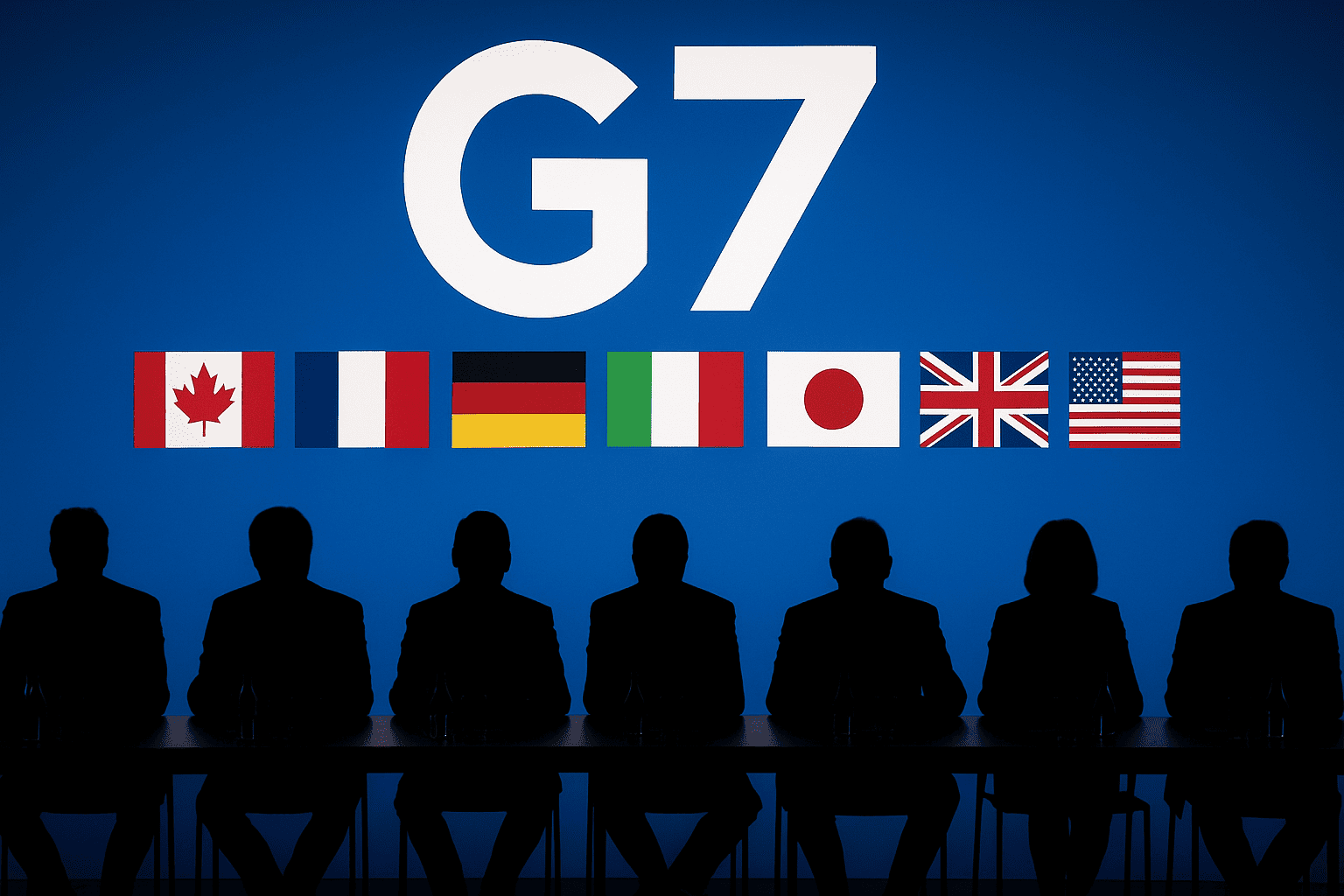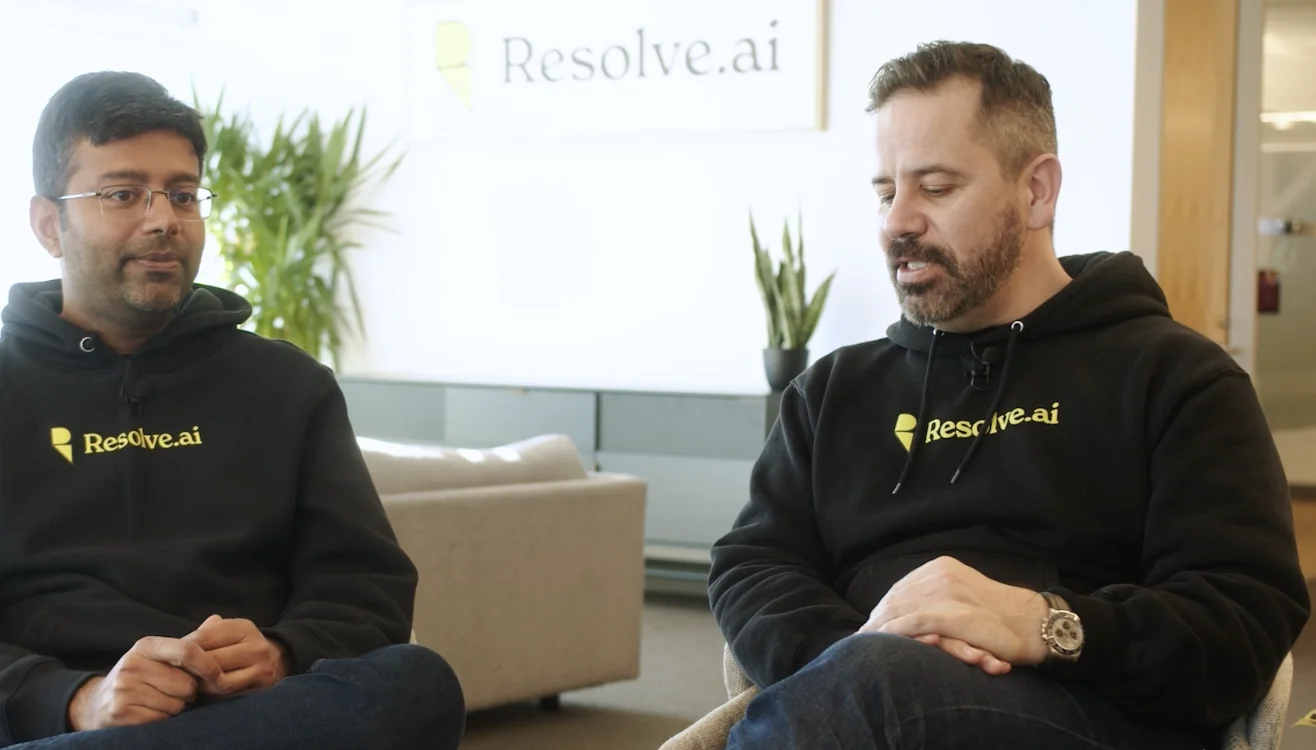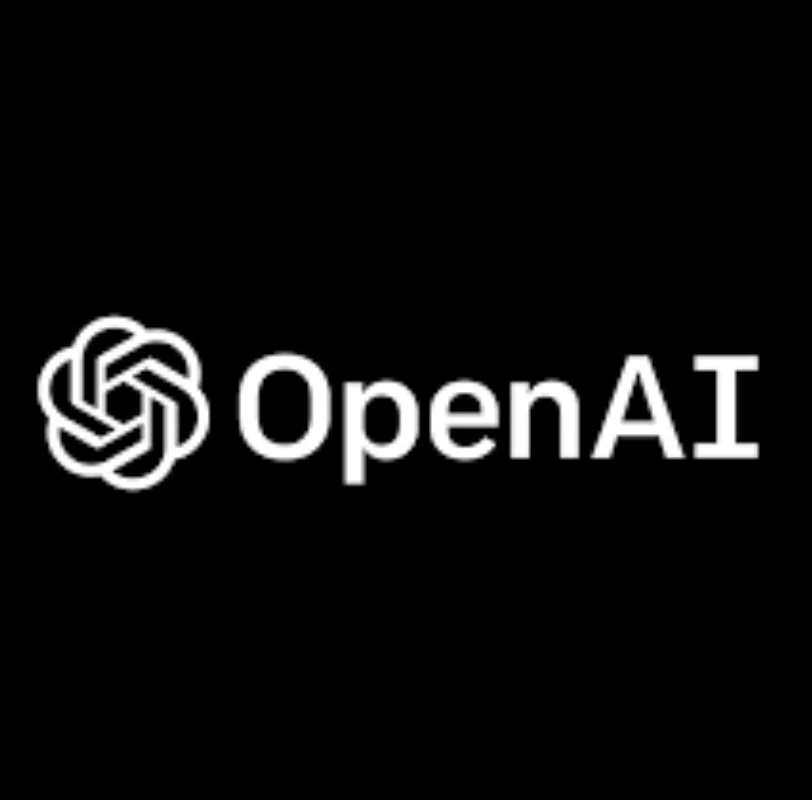Insider Brief
- G7 leaders issued a joint statement at the 2025 Summit in Kananaskis pledging to accelerate AI adoption in government services and small businesses while addressing risks to energy systems and economic inequality.
- The plan includes a Canada-led GovAI Grand Challenge, a G7 AI Network for public-sector collaboration, and an AI Adoption Roadmap aimed at helping SMEs access tools, infrastructure, and talent.
- Recognizing global disparities, the G7 committed to sharing AI capabilities with developing countries and advancing responsible AI standards through voluntary partnerships and regulatory coordination under the Hiroshima AI Process.
G7 leaders pledged new steps to accelerate the adoption of artificial intelligence across public services and small businesses, while warning of risks to energy systems and growing inequality if AI benefits remain concentrated in developed economies.
The statement, issued at the 2025 G7 Summit in Kananaskis, Canada, reflects a shift in global priorities as leaders confront the rapid rise of AI technologies. According to the G7 statement, a coordinated push is needed to ensure AI promotes economic prosperity, energy resilience, and inclusion across borders. At the heart of the strategy is a commitment to deploy AI tools in government and support small businesses in adapting to the evolving digital landscape.
The G7 nations – Italy, the U.S., France, Germany, the U.K., Canada and Japan – emphasized the importance of using AI to modernize government services, cut costs, and increase transparency, while respecting human rights and privacy. To achieve this, Canada will lead a new G7 GovAI Grand Challenge, including a network of rapid solution labs aimed at identifying scalable public sector AI applications. The plan also includes the launch of a G7 AI Network, or GAIN, to help countries share resources and open-source tools for public-sector AI systems.
The AI economic agenda focused heavily on enabling small and mid-sized enterprises (SMEs) to adopt AI systems that boost productivity and competitiveness. The leaders announced a new AI Adoption Roadmap that outlines practical steps to support these companies, from easier access to computing resources to improved training and case studies. The roadmap includes a shared blueprint for implementation, co-developed by G7 members and organizations such as the OECD.
To address concerns over job disruption, G7 governments reaffirmed an earlier action plan to support workforce transitions. This includes promoting STEM education, improving access to digital skills training, and encouraging underrepresented groups—particularly women and those affected by globalization—to participate in AI-driven fields. Leaders agreed to expand talent exchanges and connect AI experts with businesses to close skills gaps.
The energy impact of AI was also central to the G7 declaration. Leaders acknowledged that wider AI use will drive up electricity consumption, especially from data centers. At the same time, they noted that AI can help optimize power grids, increase efficiency, and unlock new innovations. The statement called for greater collaboration with industry to improve energy performance of AI systems and advance data center sustainability. Ministers were tasked with delivering an AI-and-energy work plan by the end of 2025.
The G7 committed to sharing AI tools and infrastructure with developing nations to prevent global divides from widening. Recognizing that many countries lack access to computing infrastructure and expertise, G7 leaders outlined a series of voluntary partnerships with local universities, governments, and innovators. These efforts are to be coordinated through initiatives such as AI for Development and the AI Hub for Sustainable Development.
The statement stressed the need to build trust around AI systems. G7 nations agreed to publish a new toolkit to guide responsible AI use by small firms and promote standards that protect consumers. The group will also continue working under the Hiroshima AI Process to support common reporting frameworks and regulatory alignment.
Overall, the G7 is attempting to steer the AI revolution toward broader economic participation and shared growth, while limiting its social and environmental downsides. The strategy reflects growing pressure on world powers to demonstrate leadership in shaping the future of AI in ways that serve both their citizens and the global community.






